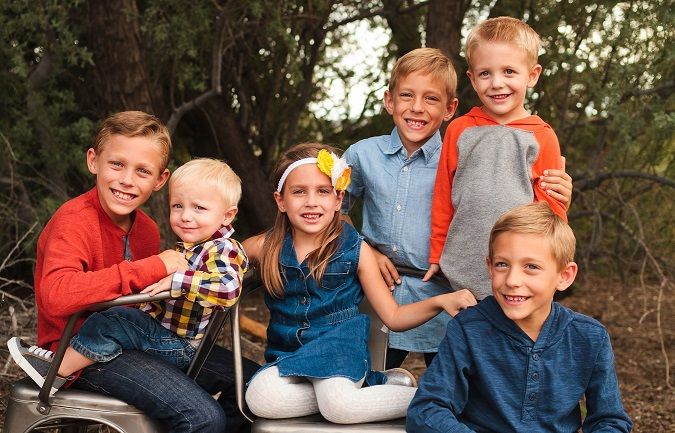There was an essential characteristic that Eliezer was looking for in a potential wife, something ingrained in—and part and parcel of—the family of Abraham: boundless lovingkindness, termed "Chessed". Abraham's Chessed is a Divine loving kindness and grace.
What made Abraham’s chessed unique was not that he welcomed and catered to his guests in the most generous and impeccable manner, but rather that he actively searched for the opportunity to do such deeds. He wasn’t happy to serve merely those who came to him; he would go out to the crossroads, anxious to be of service. Abraham was an initiator, treasuring the chance to help another.
This was the quality he looked for in a future wife for Isaac. Eliezer divised a plan (not an Omen, in that an Omen that is not related to an event is forbidden, for example, if it rains tomorrow it must mean G-d wants me to do such and such) set forth by G-d which would display a woman's character. Eliezer was on the hunt for a woman worthy of Isaac and his future as The Nation of G-d.
He set out to test the ladies as the well (known as the camel test). Eliezer did not appear as a helpless, weary chap begging for a drink. And Rebecca, the daughter of Bethuel, the ruler of Aram Naharaim, was a young woman of nobility, not a poor servant girl accustomed to lugging water from wells. But this is precisely where Eliezer was able to get a glimpse of the righteous Rebecca. From the moment he requested to take a sip from her jug, her generosity and greatness radiated in the most discreet and unassuming manner.
First, that boundless chessed came forth. Rebecca immediately gave him a drink, then offered and drew water for all his camels. She saw an opportunity to do something kind, and swiftly went to work. She didn’t question or consider whether she was really needed; instead, she energetically continued filling multiple troughs with water, until the job of satisfying a whole herd of
thirsty camels was completed . . . while Eliezer and his men watched her work unassisted.
She had one motivation: to give to someone else with kindness. That intense desire to reach out to others and to jump at the prospect of being of service matched the profile of Abraham’s family.
The “camel test” was a glimpse of Rebecca’s greatness, as she conducted herself in what she would have considered ordinary everyday activity.
In contrast, evil has no intrinsic existence; it therefore has an existential need to receive. No matter how much it possesses, this need to receive remains unsatisfied, making it seek only to take and never to give. Therefore, the hallmark of evil is selfishness.
Eliezer therefore sought a woman for Isaac who would display kindness. When Rebecca went beyond fulfilling his specific request by offering to also water his camels, he saw her expression of kindness as an indication that she was a Godly person and thus a fitting match for the son of Abraham Rebecca teaches us to take this goal of boundless loving kindness, chessed, and challenge ourselves with real, selfless commitment.
Rebecca teaches us to be initiators, to look for times and places where we can be of service, to be proactive and useful, without calculating whether there are others around who could, or should, do the same. Abraham, Isaac and Eliezer all know how important this choice of bride will be for the Nation of Israel.
There is a unique ability of Jewish women and girls—who are all "daughters" of Sarah and Rebecca—to influence the spiritual character of the home, illuminating it with the holiness.
In reading this story in the Torah, both through Oral and Written Law, I made a note to myself, which I type here as a reminder, of those qualities that make "A Rebecca" and those that make "An Isaac".
I would love nothing more than to intentionally pray such qualities into my children in our efforts to raise them. Teaching my sons to be an Isaac and what to look for in their Rebecca is critical. To teach Brynn to be A Rebecca and look for her Isaac, also critical to their future.
Rebecca: modest, loving kindness, observant, sees a need and fills it, goes above and beyond, noble, righteous, and maternal. She is the second matriarch of G-d's People.
Isaac: Righteous, awe and restraint, noble, honorable, holy, delicate spirit, aspired to greater spiritual heights, living example of truth and service to G-d.These attributes I pray for my children. Lord help me, help them, to embody these things you value so much.
This is an awesome explanation of why Isaac's prayer was heard and cleared Rebecca's barreness.
Most of the information in this post can be found at www.chabad.org











































